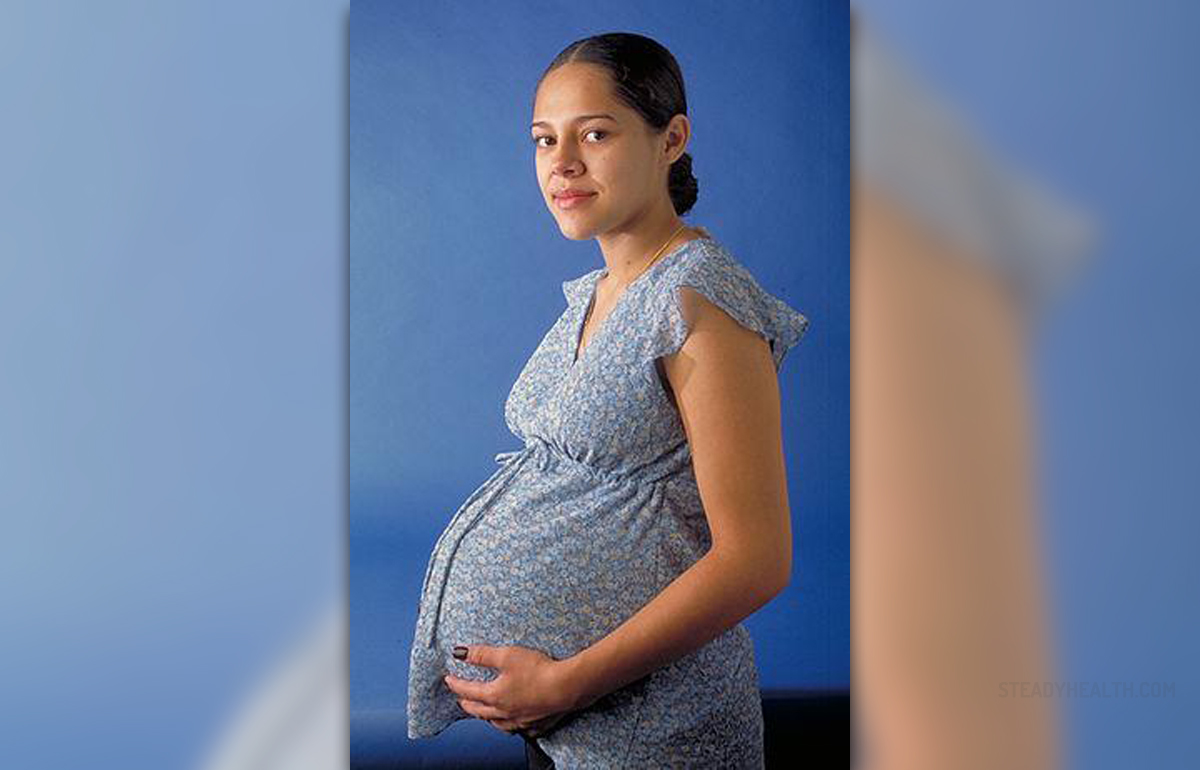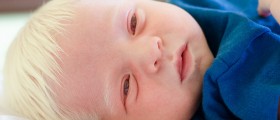
Epilepsy Inheritance Indications
Epilepsy is a genetic disorder characterized by repeated seizures. Neurons regularly communicate by sending signal through the brain while a seizure occurs when the brain cells are overactive and uncontrollable. The regular signalization is interrupted by excess activity and the messages in turn seem confusing. Seizures vary in intensity, frequency, and symptoms between individuals affected by epilepsy. Further, the signs of a seizure within the same patient can bear no resemblance from one fit to the next as the over activity in the brain can occur in different places and therefore affect different functions in the body.Epilepsy within a Family
If one child is born with epilepsy the possibility that the subsequent offspring will be affected is fairly low. It should be noted that most of the research on epilepsy is fairly dated and needs to be interpreted with caution. New studies are being conducted and fresh discoveries are being made so the understanding of the genetic component of the condition is changing. Although the genes that carry defective material have been pinpointed the exact cause of epilepsy is still unknown. Also, experts agree that the risk of a child’s sibling inheriting epilepsy is less than 5 percent. If one of the parents is not just a carrier but is actually suffering from the disorder the possibility increases to less than 10 percent. The possibility that two individuals from the general population will have an epileptic child does not exceed 1 percent. In some instances the pattern of inheritance is well understood and clinicians can predict the development of the condition with fair certainty. Depending on the type of epilepsy and various environmental conditions, if the pattern of inheritance is clear clinicians postulate that 1 in every 4 children could be affected by epilepsy within the same immediate family. Genetic counseling is often used to make more accurate predictions about the possibility of inheriting the condition. In very rare types of epilepsy the chance of having more than one affected child are 1 in 2. Couples who are concerned about their children inheriting epilepsy are advised to seek assistance from neurologists or clinical geneticists. Further research is necessary in all aspect of disorder, including inheriting and developing of the condition among siblings.Epilepsy during Pregnancy
Recent studies are indicating that more than 30 percent of women who suffer from epilepsy will have problems with conception. The infertility rate among epileptic females is almost twice as high as among the general population. Individuals with severe seizures will have trouble becoming pregnant and so will those patients whose medications interfere with female hormone levels. Longitudinal research is often necessary to make precise conclusion about epilepsy, and such studies are difficult to carry out. As a result, the limitations of most other data need to be taken into consideration. Further, most women with epilepsy who do manage to become pregnant find themselves with child within the first two or three years of trying. Nevertheless, those who cannot conceive are mostly the patients who had to take large doses of medications for prolonged periods of time. Females who were taking more than three different types of drugs to control seizures are almost 20 times more likely to suffer from infertility compared to the general public. Among the individuals with epilepsy, a little less than 10 percent of women who did not consume medications had difficulties conceiving. Further, around 30 percent of females who were prescribed only one type of drug could not have children, while 40 percent of those with two medications faced the same challenges. Finally, more than 60 percent of women who had to be on three types of epilepsy drugs simultaneously suffered from infertility. There are two different explanations for such occurrences. Taking multiple medications compared to taking only one kind exposes the patient to much more side effects. Also, those who require three kinds of drugs have severe cases of epilepsy that are challenging to treat and as a result leave persons vulnerable to various types of problems. One additional factors that makes conception problematic is the age of the woman. Older women in general have more trouble becoming pregnant than their younger counterparts, regardless of whether they have epilepsy or not. Epileptic women who did not complete secondary or post secondary studies were more likely to experience infertility compared to women who finished high school or went to college. Women with epilepsy should go through counseling before deciding to start trying to make sure they are taking medications that will least interfere with conception or the baby’s development. Individuals who have epilepsy under control before becoming pregnant on average experience fewer seizures during pregnancy. Most females with the condition, however, are able to conceive, so engaging a fertility doctor before even trying is often unnecessary. Lastly, the majority of children born to epileptic mothers are healthy.
















Your thoughts on this
Loading...